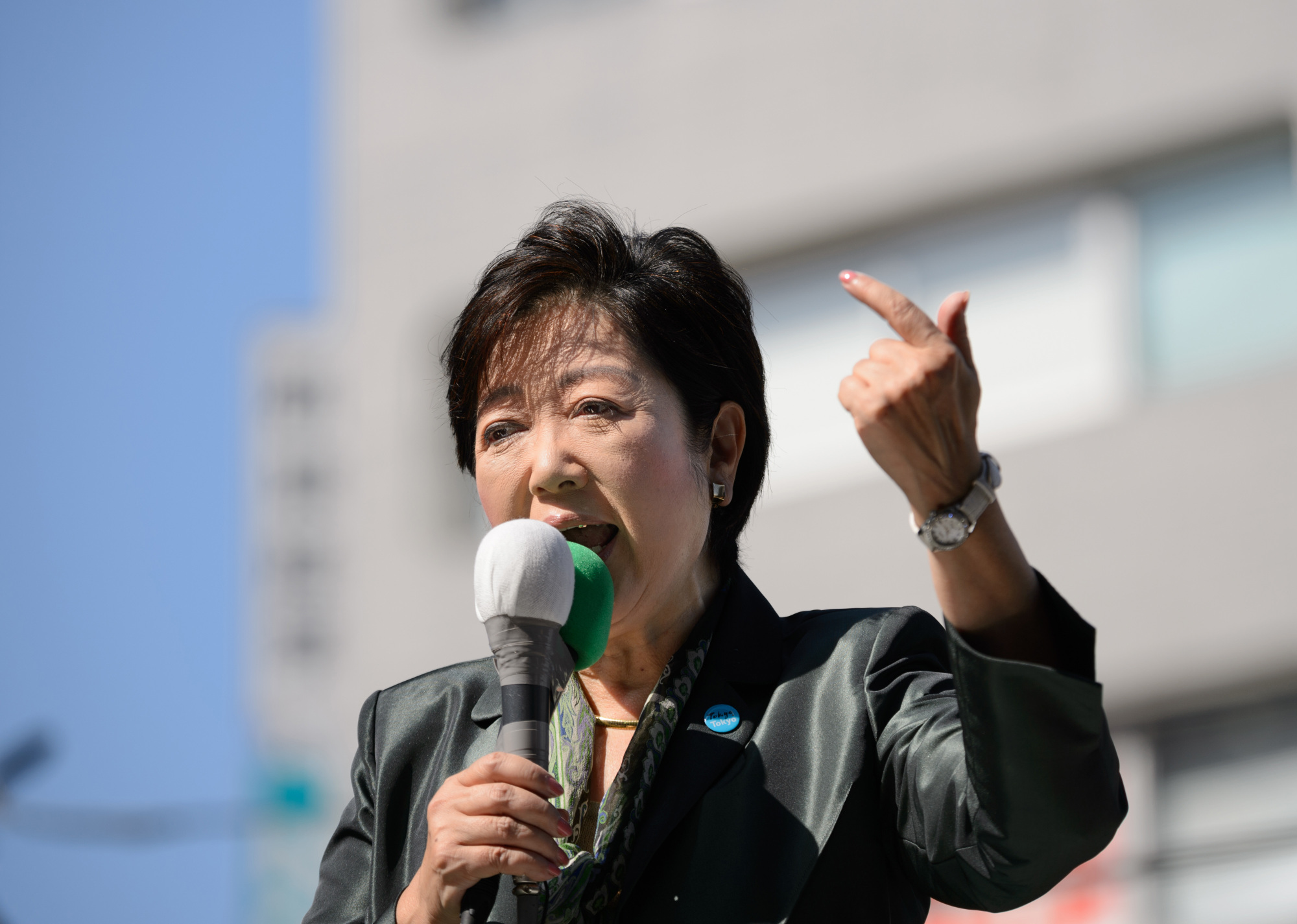The Oct. 22 general election turned out the way most news media predicted. The administration of Prime Minister Shinzo Abe retained a firm foothold as his Liberal Democratic Party and its coalition partner Komeito secured two-thirds of the Lower House.
On Sept. 27, shortly before the snap election was officially called, Seiji Maehara, then president of the Democratic Party, proposed that his party effectively merge with Kibo no To (Party of Hope), which had been launched just two days earlier by Tokyo Gov. Yuriko Koike. The proposal was approved without much debate by the DP's Diet members. Perhaps it should have been expected, but Koike said two days later her party would not accept all DP members. She went on to say that those who wished to run on her party's ticket would have to sign a policy agreement endorsing the security legislation and amending the Constitution, including Article 9, and that those who refused would be rejected.
It was totally puzzling that even though the DP staunchly opposed the security legislation when it was discussed and enacted by the Diet in 2015, a large majority of the Democrats running in the October race signed the policy accord without much hesitation, clearing the way for them to campaign as Kibo no To candidates. Those who did not seek to join Kibo no To or were denied endorsement either ran as an independent or ran on the ticket of the Constitutional Democratic Party of Japan (CDP), which was hurriedly organized by Yukio Edano — runner-up to Maehara in the DP leadership race in early September. Many of those who were rejected by Kibo no To claim to be liberals, and, therefore, could not have signed the accord as demanded by Koike if they followed their own political positions.



